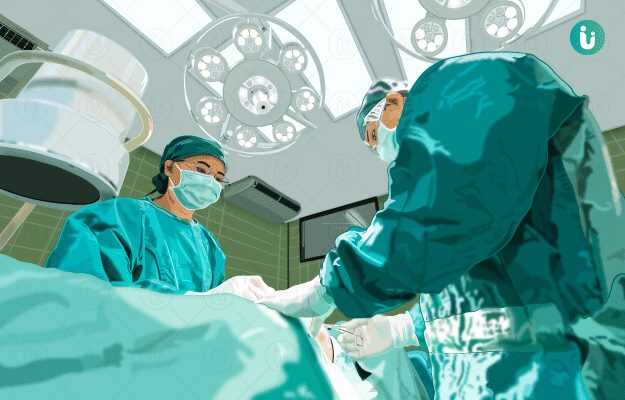Summary
Ampullectomy is a surgery used to treat lesions and cancer of the ampulla of Vater, an opening through which bile enters the small intestine. The surgery is only done when the size of the tumour is small, the tumour has not spread, or the cancer is in its early stage. Before the surgery, the doctor will take your medical history and ask you to undergo some diagnostic and radiological tests. The surgery will be done under general anaesthesia and takes about three hours. After the procedure, you will need a hospital stay of about a week.
Once you go home, you should follow the instructions given by the surgeon for pain management and taking care of the incision. Some of the advantages of the surgery include relief from symptoms and removal of the tumour without affecting surrounding tissues.
A follow-up will be scheduled one to two weeks after the surgery, but you should contact your doctor immediately if you observe any symptoms like fever and pain.










































